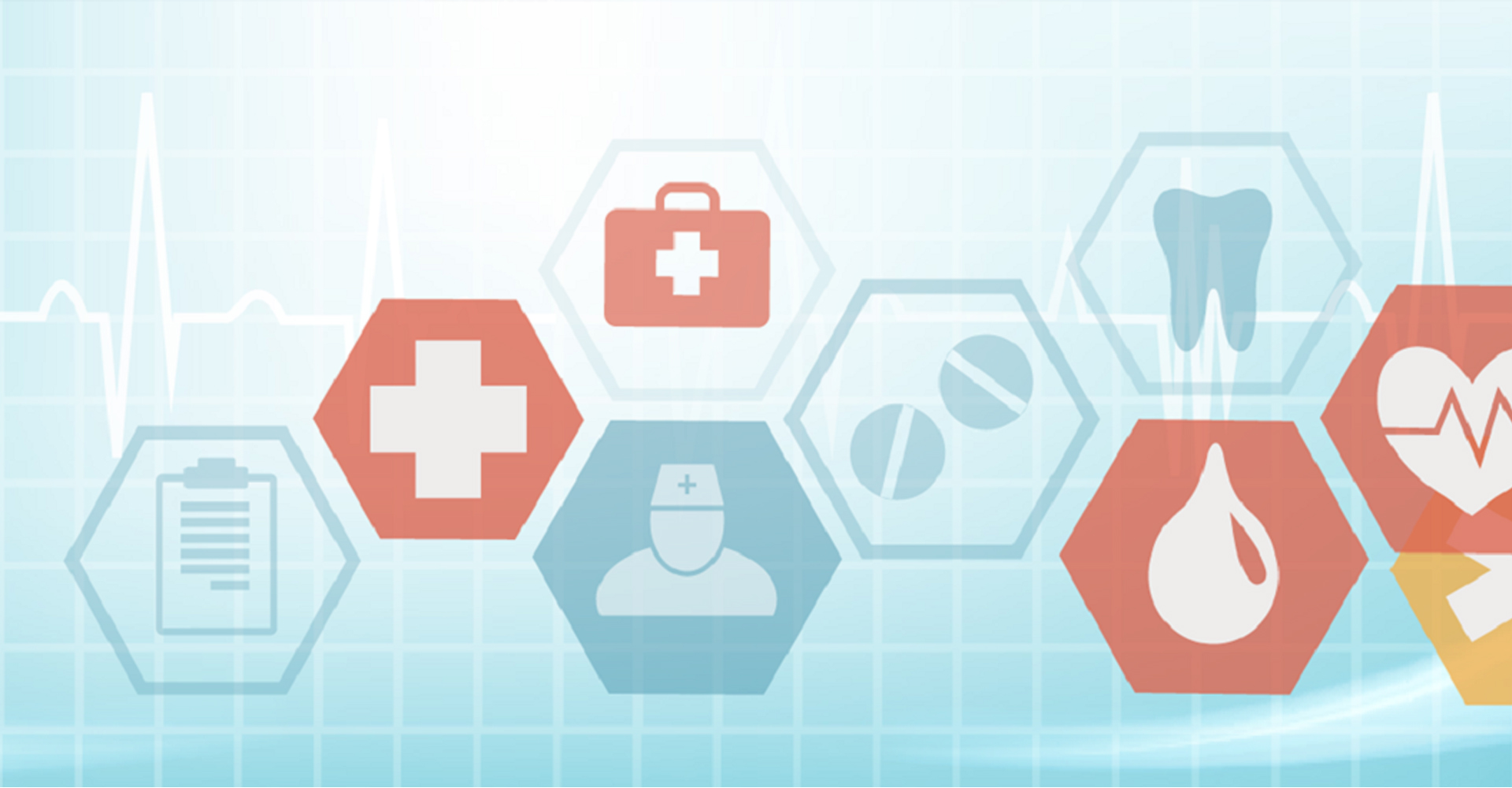AAPC designed a syllabus for Certification of Outpatient Coding. This syllabus is completed in 3-4 month and then you have to qualify the examination with 70% or higher.
The COC Exam
- 150 multiple choice questions (proctored)
- 5 hours and 40 minutes to finish the exam
- One free retake
- $380 ($300 AAPC Students) - one free retake
- Open code book (manuals)
Syllabus
The COC examination covers the questions of CPT, HCPCS Level II procedure and supply codes and ICD-10-CM diagnosis codes used for coding and billing outpatient facility/hospital and freestanding ASC services to insurance companies. COC Exam covers following topics thoroughly.
Medical terminology
- 10 questions
- Covers all systems in human body
Anatomy
- 10 questions
- Covers all systems in human body
Coding Guideline
- 5 questions
- ICD-10-CM Official Guidelines for Coding and Reporting
- CPT coding guidelines and parenthetical notes
- Modifier use
Payment Mthodology
- 20 questions
- Services covered by Medicare Parts A, B, C, and D
- Medicare as a secondary payer
- Requirements for completion of UB04 claim form
- Requirements for completion of CMS 1500 claim form
- OPPS Payment Methodology
- APCs
- Revenue codes
- Status Indicators
- Payment Indicators
- Calculation of proper payments (excerpts from Addendum B and Addendum AA are provided on the exam)
- IPPS Payment Methodology
- Elements needed to determine MS-DRGs
- Code sets required for inpatient claims
- Reimbursement for teaching hospital setting
- Change masters
Compliance
- 5 questions
- NCDs/LCDs
- HIPAA
- ABNs
ICD-10 CM
- 10 questions
- ICD-10-CM Official Guidelines for Coding and Reporting
- Diagnoses for all the chapters included in ICD-10-CM
- Diagnosis questions will also appear in other sections of the exam from the CPT categories
- 20 questions
- Evaluation and Management
- Emergency Department
- Outpatient Clinics
- Observation
- Critical Care
- Surgery
- Procedures approved for outpatient hospital facilities
- Procedures approved for ASC facilities
- Radiology
- Diagnostic Radiology
- Diagnostic Ultrasound
- Radiologic Guidance
- Mammography
- Bone and Joint Studies
- Radiation Oncology
- Nuclear Medicine
- Laboratory/Pathology
- Organ and Disease Panels
- Drug Testing
- Therapeutic Drug Assays
- Evocation/Supression Testing
- Consultations
- Urinalysis
- Molecular Pathology
- MAAA
- Chemistry
- Hematology and Coagulation
- Immunology
- Transfusions
- Microbiology
- Anatomic Pathology
- Cytopathology
- Cytogenetic Studies
- Surgical Pathology
- In vivo and Reproductive
HCPCS level II coding
- 10 questions
- Modifiers
- Supplies
- Medications
- Procedures performed on Medicare patients
HCPCS level II coding
- 40 questions
- Procedures approved for outpatient hospital facilities
- Procedures approved for ASC facilities
Certified professional coder (CPC)
A certified, professional coder (CPC) is a medical coder who is responsible for assigning the correct coding of medical reports. Coders make sure that medical coding used is in compliance with all medical coding laws and regulations.
Certified’s ability:
- Knowledge of assigning accurate medical codes for diagnoses, procedures, and services performed by physicians and other qualified healthcare providers.
- Knowledge of medical coding guidelines and regulations, including compliance and reimbursement – allowing a CPC to better handle issues such as medical necessity, claims denials, bundling issues, and charge capture.
- Knowledge of anatomy, physiology, and medical terminology necessary to correctly code provider diagnosis and services.
